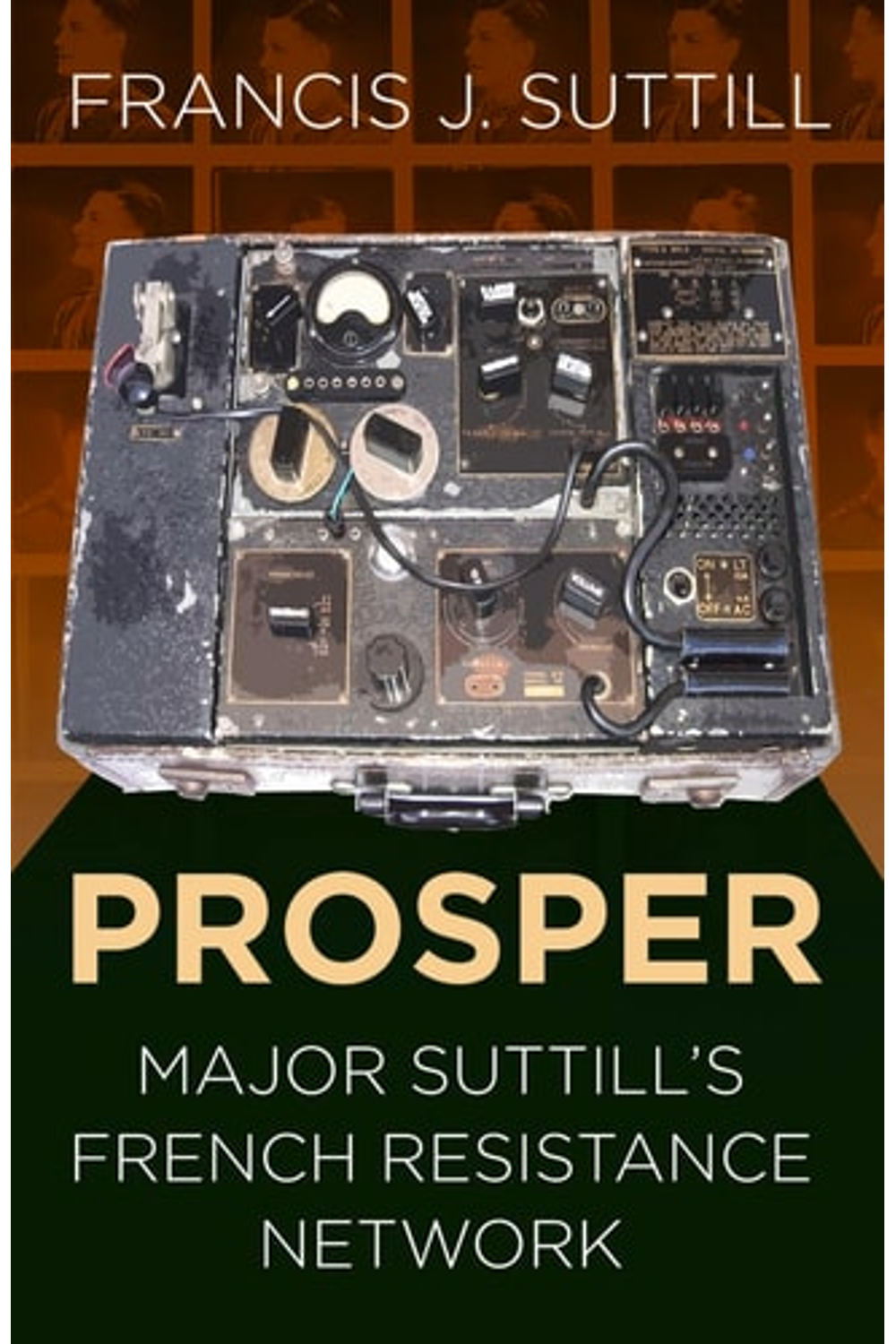In June 1943, SOEs Prosper resistance circuit in France led by Major Francis Suttill suddenly collapsed. Was it deliberately betrayed by the British as part of a deception plan to make the Germans think an invasion was imminent? Was it betrayed by MI6 out of jealousy? Did Churchill meet Suttill and mislead him? These are some of the stories that have developed since the war as survivors and others struggled to explain the sudden collapse of this circuit, the biggest in France at the time. Here, Major Suttills son traces what happened, resulting in one of the most detailed records of the organization and work of a resistance circuit. The story that emerges shows the risks faced by those involved and what their bravery enabled them to achieve.
Dive into the gripping true story of betrayal, bravery, and the devastating collapse of one of France's largest resistance networks during World War II with "Prosper: Major Suttill's French Resistance Network," a meticulously researched and updated account by Francis J. Suttill, son of the enigmatic Major Francis Suttill himself. This revised edition, published in 2019 by The History Press, delves deep into the heart of the Prosper circuit, a Special Operations Executive (SOE) network operating in occupied France, and unravels the mysteries surrounding its sudden and catastrophic downfall in June 1943. For decades, the collapse of Prosper has been shrouded in speculation and controversy. Was it the result of a calculated British deception, designed to mislead the Germans about the location of the impending Allied invasion? Or was it a more sinister act of betrayal, orchestrated by rival intelligence agencies within the British government, such as MI6, driven by professional jealousy and a desire to undermine SOE's operations? Some accounts even suggest a direct involvement of Winston Churchill, alleging that he may have met with Major Suttill and, perhaps unknowingly, compromised the circuit's security. Francis J. Suttill, drawing upon extensive research, declassified documents, and the testimonies of surviving members, meticulously reconstructs the events leading up to the circuit's demise. "Prosper" goes beyond simple recounting of known events, and ventures into the human stories. It paints a vivid picture of the incredible risks undertaken by ordinary men and women who risked their lives daily to resist the Nazi occupation. It explores the complex web of relationships, the clandestine operations, the daring acts of sabotage, and the constant threat of capture and torture that defined the lives of these courageous individuals. The book expertly avoids simplistic narrative, instead illustrating the often-murky world of wartime espionage, where loyalties were tested, information was currency, and trust was a luxury few could afford. This revised and updated edition features new information and analysis, shedding light on previously unanswered questions and offering fresh perspectives on the events surrounding the Prosper circuit's collapse. It explores the lasting impact of the betrayal on the lives of those involved and examines the historical significance of the Prosper network within the broader context of the French Resistance. "Prosper" stands as a vital contribution to the historical record, providing a detailed and compelling account of one of the most important and controversial episodes of World War II espionage. More than just a historical account, "Prosper" is a tribute to the unsung heroes of the French Resistance, a testament to their unwavering dedication and self-sacrifice in the face of unimaginable adversity. It is a story of courage, resilience, and the enduring power of the human spirit in the darkest of times. Ideal for readers interested in World War II history, espionage, political intrigue, and the biographies of remarkable individuals, "Prosper: Major Suttill's French Resistance Network" is a must-read for anyone seeking a deeper understanding of this pivotal period in history. Prepare to be captivated by this meticulously researched and emotionally resonant account of one of the most significant and tragic chapters in the history of the Special Operations Executive.





